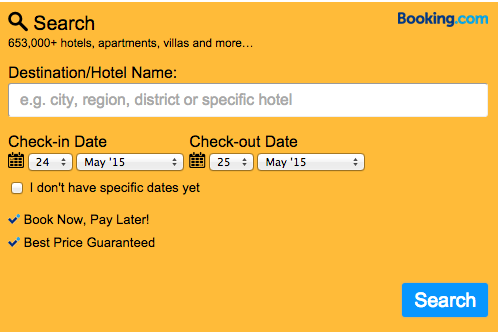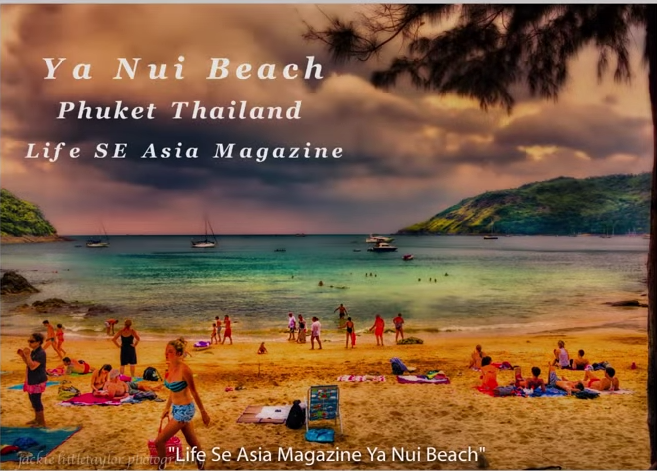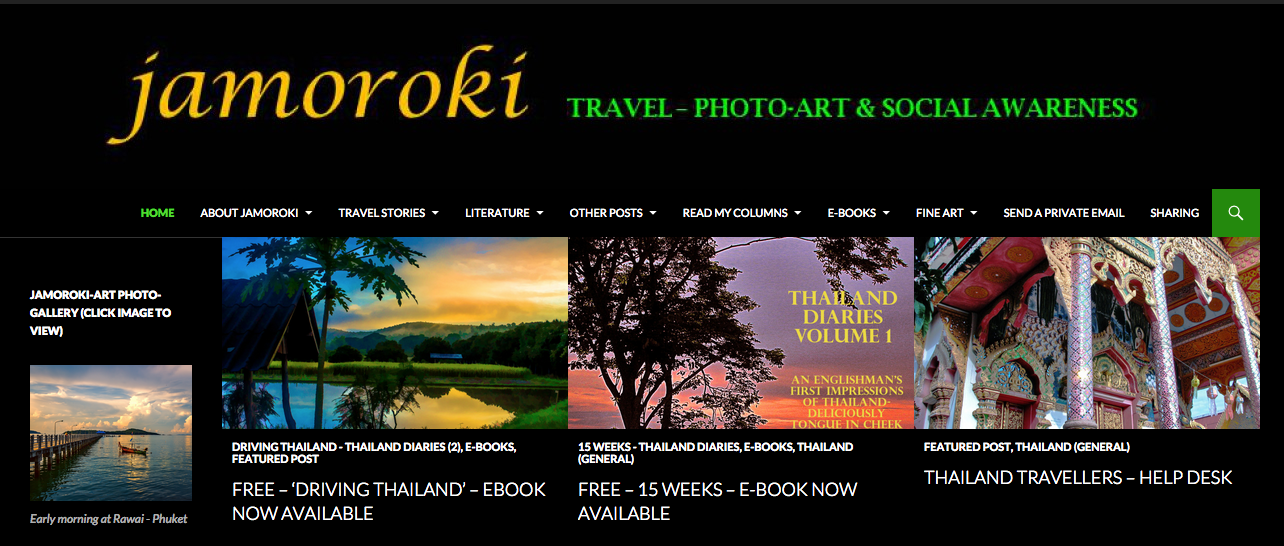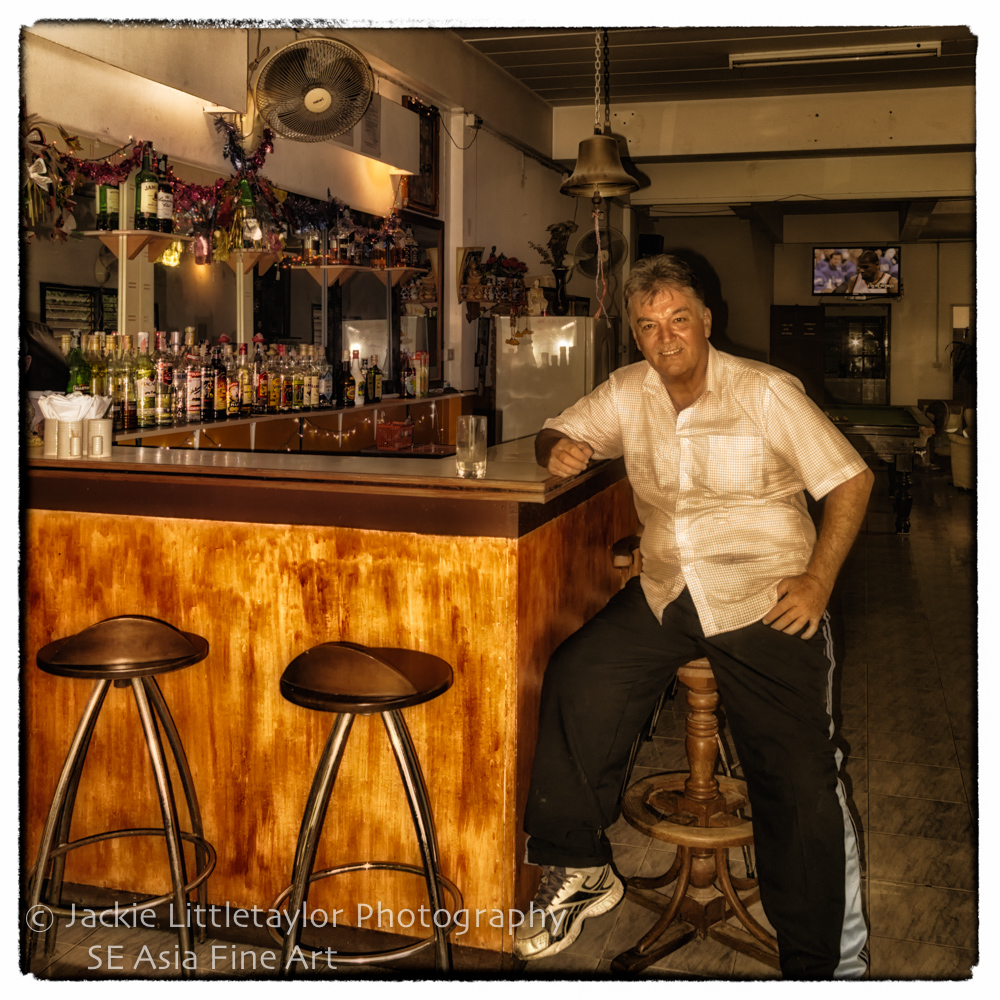General Visa Information
we are not lawyers and this is just general information on getting a visa , types, and what is required. Check with you Country Embassy for more information.
|
Visa Information The visa application form is available free of charge at all Singapore overseas missions (except for non-resident High Commissioners/Ambassadors based in Singapore). The list of our Overseas Missions is available here. You can approach the nearest Mission directly for more information on the requirements and procedures to apply for a visa. Visa and Entry Requirements for Foreigners All visitors to Singapore must meet the following entry requirements:
Click here to check Entry Requirements for Foreigners (For Social Visit purposes only) The above information is obtained from the Immigration & Checkpoints Authority (ICA). The Singapore Immigration and Checkpoints Authority (ICA) is the administrative agency that handles visa matters. Singapore Tourism Board |
Visitors to Singapore can either enter the country without a visa or in some cases they must first obtain a visa. Almost 80% of world countries may travel to Singapore for a period ranging from 30 days to 90 days.[1] Only 33 countries require visa for Singapore. They are categorized into countries eligible to apply for an electronic visa and countries whose citizens need a full visa.
All visitors to Singapore must hold:[2]
- passport valid for 6 months at the time of departure,
- onward or return ticket,
- sufficient funds to stay in Singapore.
Permanent Resident Stay
Non-Singaporeans can become Singapore Permanent Residents (SPRs) by obtaining an Entry Permit. An application for an Entry Permit is an application for Singapore Permanent Residence. The following categories of foreigners are eligible to submit applications:
- Spouse and unmarried children (below 21 years old) of a Singapore Citizen (SC)/Permanent Resident (SPR);
- Aged parents of a Singapore Citizen;
- P, Q or S work pass holders working in Singapore;
- Investors/Entrepreneurs;
- Foreigners who satisfy certain guidelines can apply for permanent residence by submitting applications through SMC Management Consultants Pte Ltd in Singapore.
Spouse and unmarried children of Singapore Citizen/Permanent Resident
For details of the requirements and application forms, please go to http://www.ica.gov.sg/e_services_overview.aspx?pageid=303&secid=302.
Applicants may submit their application and supporting documents through the Singapore Embassy. The Mission will not need to collect any processing fees on behalf of ICA. Upon approval of PR application, the successful applicant will have to complete the PR formalities in person at the ICA Building in Singapore. ICA itself does not collect processing fees and only collects certain fees for issuance of documents (fees to be paid directly to ICA at ICA itself will be clearly stated in the approval letter).
Global Investor Programme (GIP) for Investors/Entrepreneurs
The GIP eases the way for foreign investors, entrepreneurs and business executives to set up and conduct businesses in Singapore. EDB will provide assistance in linking up foreign entrepreneurs and investors with local business networks, thus opening up more opportunities for business collaborations. Through the GIP, you can tap on with ease a range of immigration facilitation for your entry and stay in Singapore. Investors/Entrepreneurs who have a good track record and who are interested to invest in Singapore may apply for PR. Please view the EDB website for details of the Investment Scheme, or liaise with the Singapore Economic Development Board or any of its international offices.
The Singapore Economic Board Website is http://www.sedb.com
In-principle Permanent Residence Application through SMC Management Consultants Pte Ltd
If you are a foreigner residing outside Singapore and are interested in studying, working and living in Singapore, you may apply for in-principle approval for permanent residence by submitting an application through:
SMC Management Consultants Pte Ltd
51 Cuppage Road
#04-06 StarHub Centre
Singapore 229469
Tel: 6722 1766
Fax: 6737 6341
Their website is http://www.smcmc.com
Processing Time
The processing time for an application is 3 months. Applicants will be informed of the outcome by mail. Applicant should notify ICA if there are any changes in his/her address.
For more details on PR, please visit the Immigration & Checkpoints Authority Homepage @ www.ica.gov.sg
Work Permit
Ministry of Manpower Singapore
Living in Singapore excellent resource
http://www.livinginsingapore.org/
US Embassy Singapore
To enter Singapore, you need a passport that is valid for at least six months beyond the date of your intended stay. If you plan on regional travel beyond Singapore, make sure that your passport is valid for at least six months beyond the date you plan to enter such areas. You do not need a visa for tourist or business visits of up to 90 days. For further information concerning visas and entry requirements for Singapore, contact the Embassy of Singapore at 3501 International Place NW, Washington, DC 20008, tel: (202) 537-3100.
The local equivalent to the “911” emergency line in Singapore is 999 for police response and 995 for fire/emergency response.
Mandatory Caning Sentences: Singapore has a mandatory caning sentence for vandalism offenses. Authorities in Singapore may also impose caning for immigration violations and other offenses. Singaporean authorities do impose these sentences on foreign nationals, including U.S. citizens. Males over the age of 50 and women are not subject to caning.
Outrage of Modesty: Singapore enforces strict laws pertaining to the propriety of behavior between people and the modesty of individuals. The Singaporean law “Outrage of Modesty” is defined as an assault or use of criminal force on any person with the intent to, or the knowledge that it may, outrage the modesty of that person. Penalties may include imprisonment for up to two years, a fine, caning, or a combination thereof. Men are sometimes accused of inappropriately touching other people, often women, resulting in their prosecution and punishment under this Singaporean law. Scams involving a claim of outrage of modesty are thought to exist, and male travelers should be very cautious when frequenting popular nightspots.
Narcotics Offenses: Penalties for drug offences are severe and include the death penalty for many offenses. In 2012, Singapore amended its law to exempt certain cases from the mandatory death sentence, giving judges discretion to impose less harsh sentences in some cases. Singapore police have the authority to compel both residents and non-residents to submit to random drug analysis. In applying local laws, the police do not distinguish between drugs consumed before or after entering Singapore. In Singapore, detained U.S. citizens have been surprised when they were arrested for violations that would not have resulted in arrest in the United States.
Carrying Firearms: There are very strict penalties for those who possess or carry arms, or who commit crimes with arms. Singaporean authorities define “arm” as any firearm, air-gun, air-pistol, automatic gun, automatic pistol, and any other kind of gun or pistol from which any shot, bullet, or other projectiles can be discharged or from which noxious liquid, flame, or fumes can be emitted, and any component thereof. This definition also includes any bomb or grenade and any component thereof. The possession of any arm or ammunition, including a single bullet in your luggage as you transit the airport, could result in imprisonment and caning. If you are convicted of committing a crime with an arm, you could receive punishment which could result in the maximum penalty of imprisonment for life and caning.
Engaging in sexual conduct: In Singapore, local law prohibits causing or encouraging prostitution of, or engaging in sexual relations with, a female below the age of 18. An indecent assault against anyone, male or female, regardless of age, is also prohibited. If you are convicted of facilitating or abetting the prostitution of any woman or girl, you could be sentenced to imprisonment of up to five years and a fine, or both. If the crime involves a female below the age of 16, you face a longer sentence of imprisonment.
Arrest notifications in Singapore: If you are arrested in Singapore, authorities of Singapore are required to notify the U.S. Embassy of your arrest. If you are concerned the Embassy may not be aware of your situation, you should request the police or prison officials to notify the Embassy of your arrest.
SPECIAL CIRCUMSTANCES: Singapore customs authorities enforce strict regulations concerning controlled items you might be carrying while transiting Singapore (temporary importation or exportation) such as: weapons, ammunition, illegal drugs, certain religious materials, pornographic material, videotapes, CDs, DVDs, and software. Singapore customs authorities’ definition of “weapon” is very broad, and, in addition to firearms and ammunition, (including a single bullet), includes many items which may not be considered to be weapons in the United States, such as dive knives, kitchen knives, handcuffs, and expended shell casings. You may be arrested for carrying any of these items without permission. All baggage is x-rayed at every port of entry, so checked baggage will also be inspected for regulated items.
Dutiable Goods: Generally, there are four types of dutiable goods in Singapore: alcoholic beverages, tobacco, gasoline, and motor vehicles. If you enter Singapore at any port of entry you must approach an Immigration and Checkpoints Authority (ICA) officer at the “Red Channel” for payment of duty (e.g. alcohol and tobacco) and goods and services tax (GST) if your dutiable goods exceed the GST relief or duty-free concession. You will be liable to prosecution if you proceed to the “Green Channel” for customs clearance but have items that are subject to payment of duty and/or GST.
Surrendering Your Passport: Police officers, hotels, or your employer may ask you to surrender your passport in lieu of surety (guaranteed) bonds; you should carefully consider whether you wish to surrender your passport rather than seek some other type of surety, particularly if someone who is not a government official (e.g., an employer or hotel employee) makes the request. However, at check-in, some hotels may legitimately ask to see the passport for identification/registration. In those cases, the passport is immediately returned to you.
Health
Good medical care is widely available in Singapore. Doctors and hospitals expect immediate payment for health services by credit card or cash and generally do not accept U.S. health insurance. Hospitals may require a substantial deposit before admitting you into the hospital for any major medical treatment. The U.S. Embassy cannot provide a letter of guarantee for payment. Recipients of health care should be aware that Ministry of Health auditors in certain circumstances may be granted access to patient medical records without the consent of the patient, and in certain circumstances physicians may be required to provide information relating to the diagnosis or treatment without the patient’s consent.
We recommend having Travel Insurance
Money ATMs Credit cards and more
Cash: Automated teller machines (ATMs) are plentiful in Singapore, and they are the easiest method of obtaining cash. There are also facilities for changing money at the airport and at many large commercial centers and shopping malls. Bank transfers generally take weeks, and surcharges are steep. Transfers from commercial services such as American Express and Western Union are generally efficient. The currency used in Singapore is the Singapore dollar (S$). Money changing services can be found not only at the Singapore Changi Airport but also at most shopping centres and hotels around the island. You can also access the automated teller machines (ATMs) located everywhere (even in the most obscure bits) in Singapore, that accept most of the main credit cards such as Visa, MasterCard and American Express.
| Nickname | Sing |
|---|---|
| Coins | |
| Freq. used | 5, 10, 20, 50 cents, $1 (The 1 cent coin is no longer issued but is still usable) |
| Banknotes | |
| Freq. used | $2, $5, $10, $50, $100, $1000 |
| Rarely used | $20, $25, $500, $10,000 |
Wi-fi Internet access
The Infocomm Development Authority of Singapore (IDA) sponsors theWireless@SG programme which provides free wireless access from a number of shopping malls and other public places. You can register for free wifi with three different providers; registering with one will provide you with access to services by all three, but if you like you can also register with all three providers.
See the IDA info page for the beginners’ guide, list of coverage areas, FAQ, and registration links.
Cell Phone Usage
Singapore’s international dialing code is +(65). While in Singapore and if you have international roaming service on your cell phone, you don’t have to press +(65) as it will automatically connect you to the local numbers here.
(No) Smoking
Besides air-conditioned areas such as shopping centres, restaurants, entertainment outlets and cinemas, smoking is also an offence on public transportation, lifts and certain public areas.














